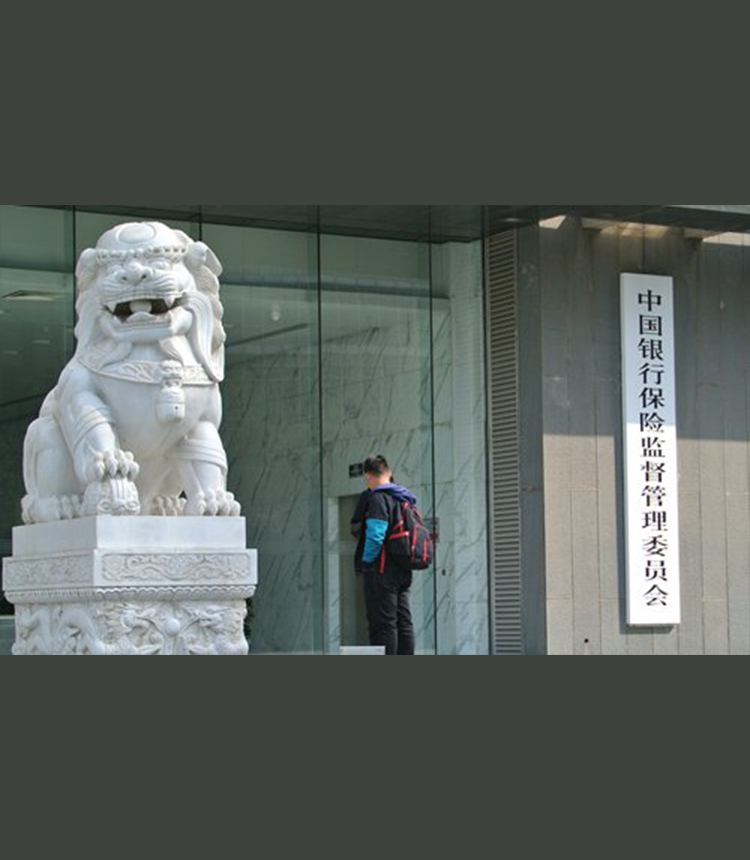UBS completes refinancing transactions after China’s new QFII rules take effect
Source: Global Times Published: 2020/11/2 13:32:12

Two people chat outside the headquarters of the China Banking and Insurance Regulatory Commission on April 8. Photo: IC
On Monday, the first day of trading after the new rule on China's inbound investment scheme took effect, Zurich-based bank UBS completed refinancing transactions.
UBS lends the Chinese stocks it has held in its Qualified Foreign Institutional Investor (QFII) account to the Chinese mainland market through UBS Securities, a joint venture securities firm it has a controlling share on the mainland.
The transactions cover the major boards of the Shanghai Stock Exchange and Shenzhen Stock Exchange, as well as the NASDAQ-style ChiNext.
The lending transactions follow a newly finalized rule by Chinese financial regulators (originally outlined in September and starting from Sunday) that the QFII scheme and Renminbi Qualified Foreign Institutional Investor (RQFII) will be combined.
The move is aimed at reducing the barriers for foreign capital access to the Chinese market, expanding the investment scope for foreign investors. Under the new rules, foreign investors will be allowed to invest in securities listed on China's New Third Board, private investment funds, financial futures and commodity futures.
The move comes as part of China's continued efforts to open its capital market to foreign investors amid global low interest rates and strained China-US relations.
China launched the QFII scheme in 2002 and RQFII program in 2011, through which foreign institutional investors are allowed to trade in China's stock and bonds markets.
Attracted by the booming Chinese capital market and lower barriers to entry, international investors have played an active part in the opening-up process in recent years. UBS Securities became China's first foreign-controlled securities firms at the end of 2018 after its parent company UBS increased its stake to 51 percent.
RELATED ARTICLES:
Posted in: ECONOMY